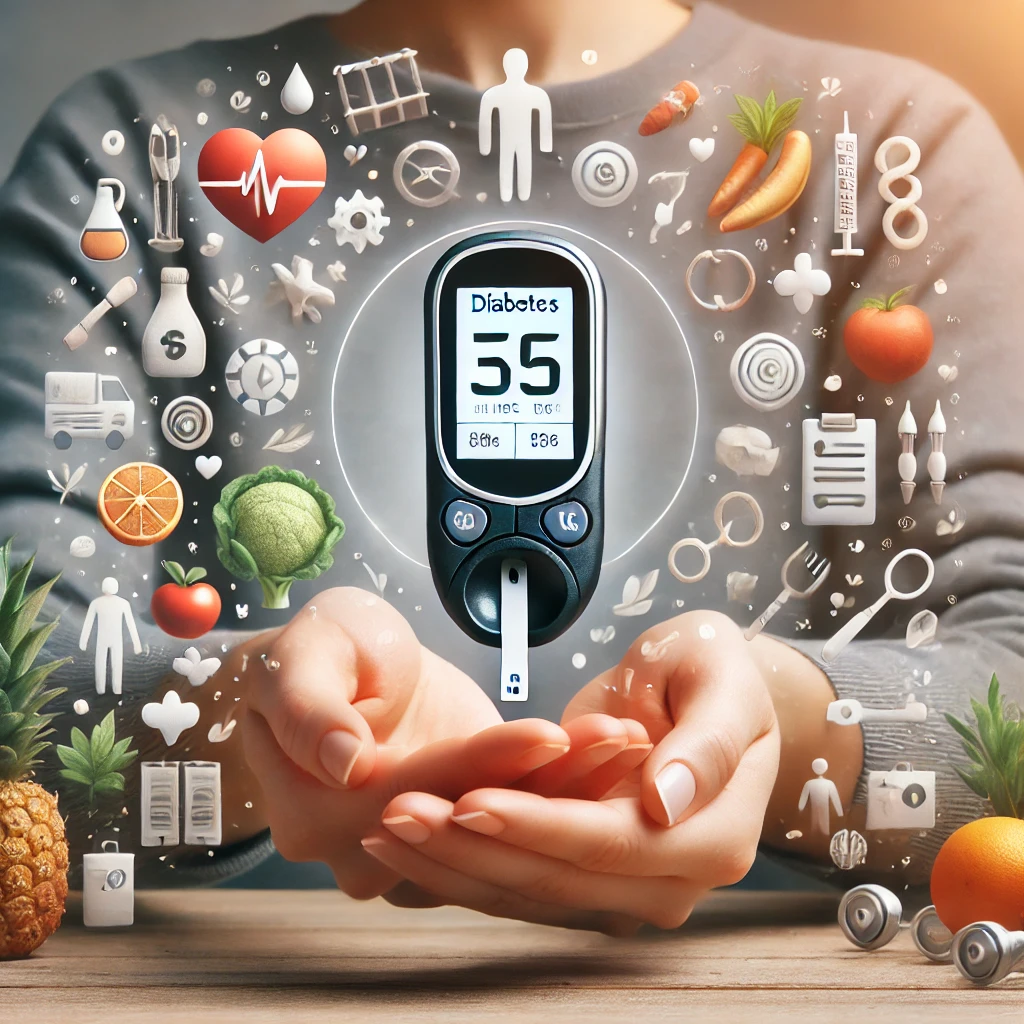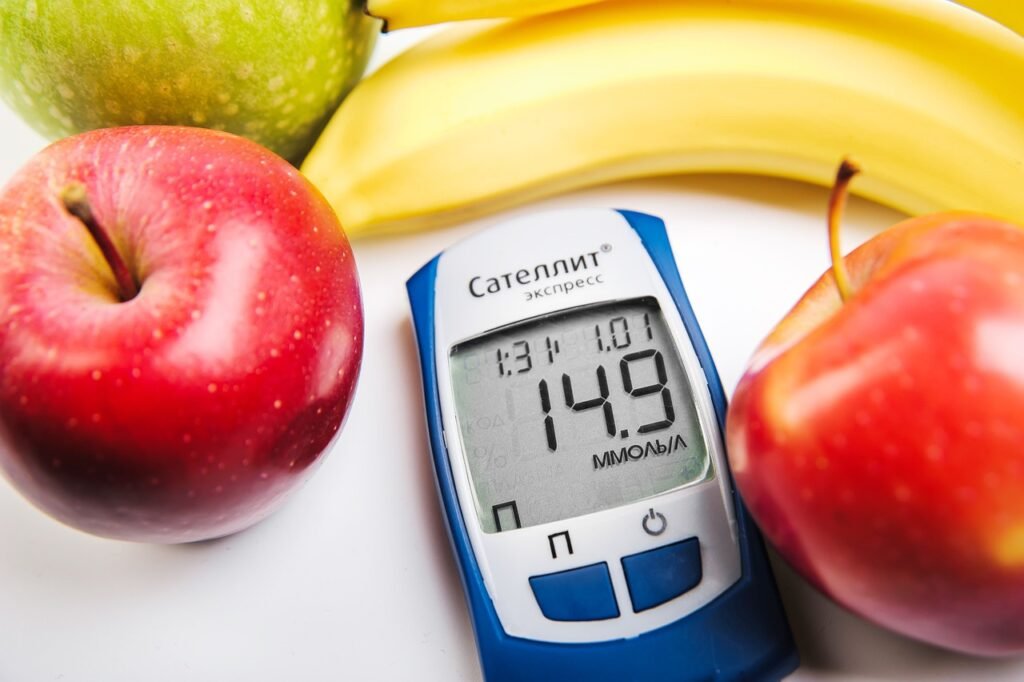Introduction
Imagine living in a world where the food you eat not only satisfies your taste buds but also strengthens your heart, improves your overall health, and doesn’t break the bank. Heart disease remains the leading cause of death worldwide, yet the solution to a healthier heart could be as simple as what’s on your plate. Are you ready to embark on a Healthy diet journey that can transform your heart health without sacrificing flavor or draining your wallet? Let’s dive into the top 10 heart-healthy diet foods that will revolutionize your meals and keep your heart beating strong.
1. Oats and Whole Grains
Oats are a powerhouse of nutrients, packed with beta-glucan, a type of soluble fiber that helps reduce cholesterol levels. Start your day with a bowl of oatmeal topped with fruits and nuts. Incorporate other whole grains like quinoa, barley, and brown rice into your diet to ensure you’re getting a variety of fibers, vitamins, and minerals that support heart health. Whole grains also help maintain a healthy weight, which is crucial for a healthy heart.
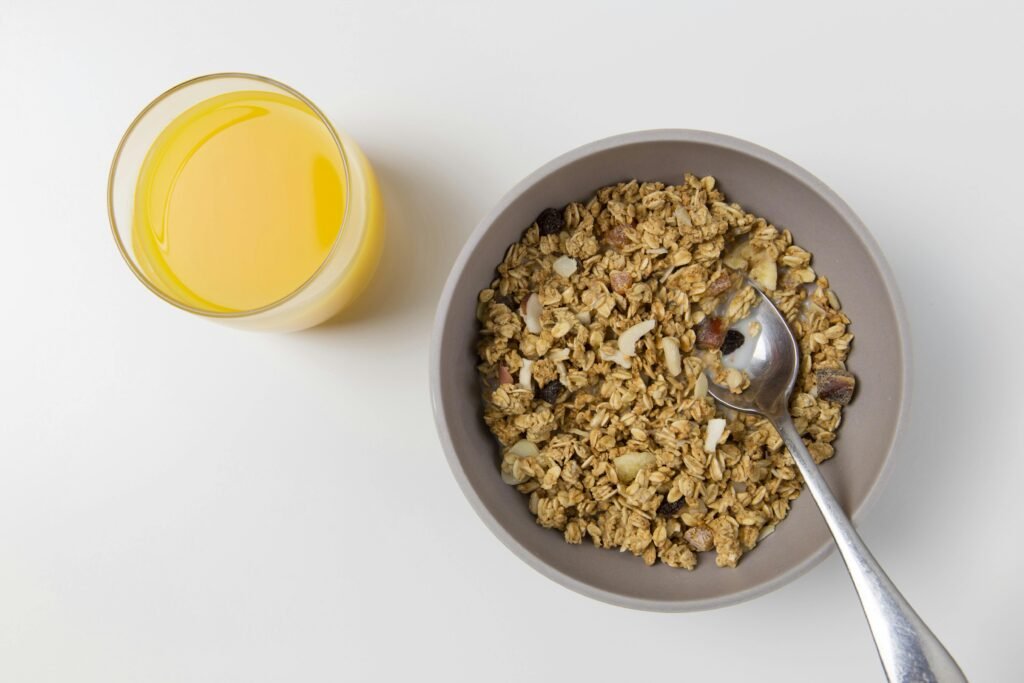
2. Fatty Fish
Fatty fish such as salmon, mackerel, sardines, and trout are rich in omega-3 fatty acids. These healthy fats help reduce inflammation, lower triglycerides, and decrease the risk of arrhythmias. Aim to include fish in your diet at least twice a week. If fresh fish is too expensive, consider canned options, which are often more affordable and still provide the same heart-healthy benefits.

3. Berries
Berries like strawberries, blueberries, raspberries, and blackberries are bursting with antioxidants, fiber, and vitamins. These tiny fruits are particularly high in polyphenols, which help reduce oxidative stress and inflammation, both of which are linked to heart disease. Enjoy berries as a snack, add them to your morning cereal, or blend them into a smoothie.

4. Nuts and Seeds
Nuts and seeds are excellent sources of heart-healthy fats, protein, and fiber. Almonds, walnuts, flaxseeds, and chia seeds are particularly beneficial. They contain omega-3 fatty acids, fiber, and phytosterols that help lower cholesterol. A handful of nuts or a tablespoon of seeds daily can make a significant difference in your heart health. Add them to salads, yogurt, or eat them on their own as a snack.
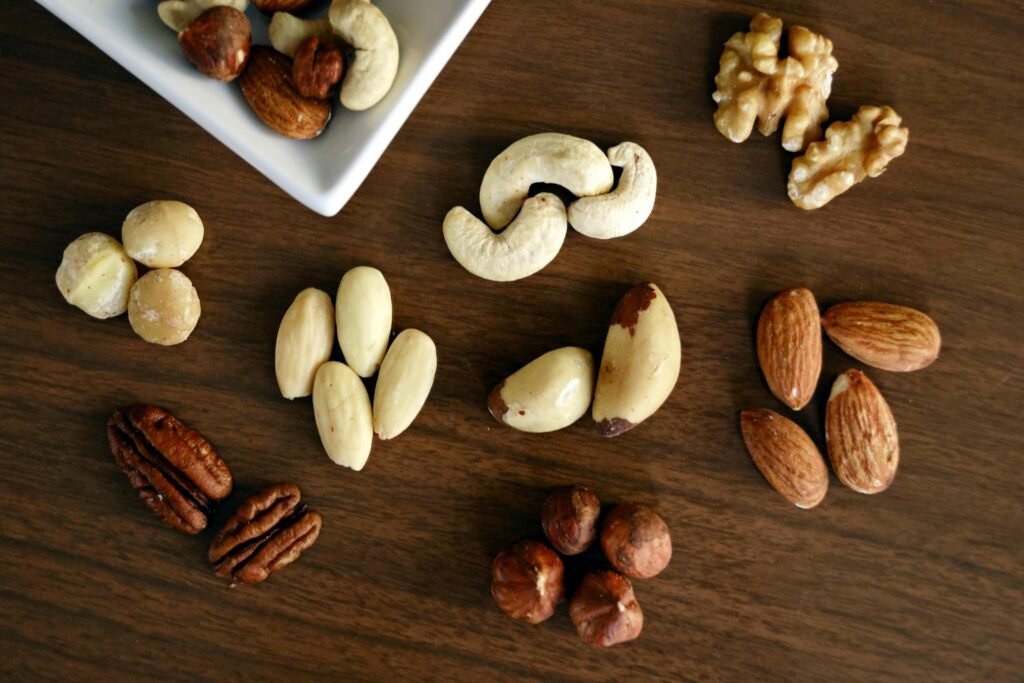
5. Leafy Green Vegetables
Leafy greens like spinach, kale, and Swiss chard are packed with vitamins, minerals, and antioxidants. They’re especially rich in vitamin K, which helps protect your arteries and promote proper blood clotting. These greens are also high in dietary nitrates, which have been shown to lower blood pressure, reduce arterial stiffness, and improve the function of the cells lining the blood vessels. Incorporate leafy greens into your meals by adding them to salads, soups, and smoothies.

6. Avocados
Avocados are a great source of monounsaturated fats, which are heart-healthy fats that can help lower bad cholesterol levels and increase good cholesterol levels. They also contain potassium, a mineral that’s essential for heart health. Potassium helps regulate blood pressure by balancing out the negative effects of sodium. Use avocados in salads, sandwiches, or make a delicious guacamole.
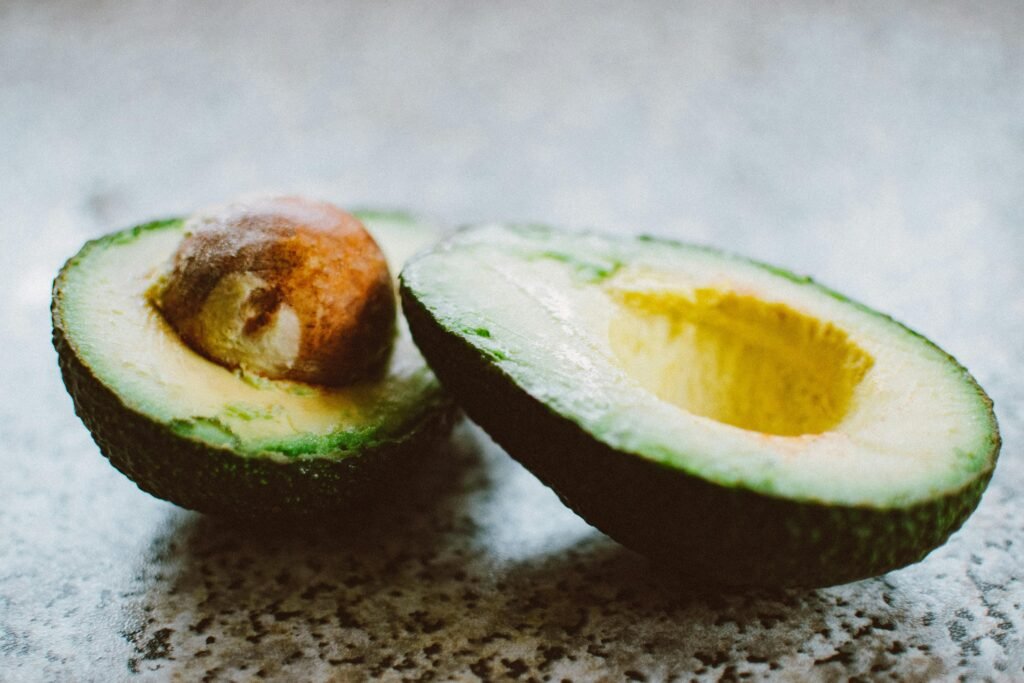
7. Beans and Legumes
Beans and legumes, such as lentils, chickpeas, black beans, and kidney beans, are high in fiber, protein, and essential nutrients like magnesium and potassium. They can help lower cholesterol, reduce blood sugar levels, and increase satiety, which aids in weight management. Incorporate them into soups, stews, salads, or as a meat substitute in various dishes to benefit your heart.
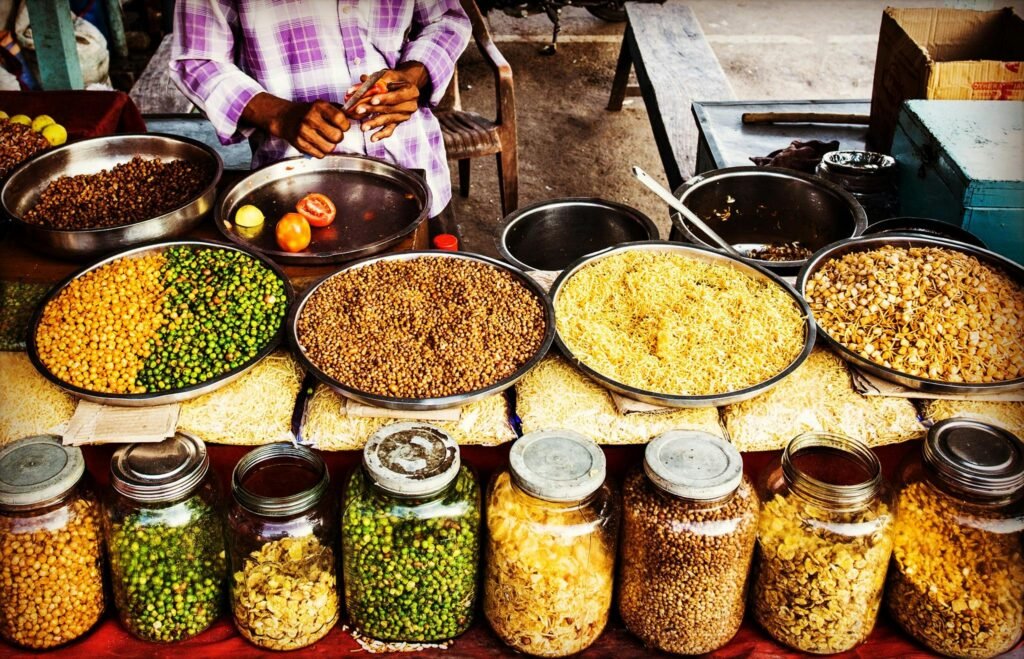
8. Dark Chocolate
Dark chocolate, when consumed in moderation, can be a heart-healthy treat. It’s rich in flavonoids, which are antioxidants that help improve heart health by lowering blood pressure, improving blood flow to the heart, and reducing the risk of heart disease. Choose dark chocolate with at least 70% cocoa content and enjoy a small piece a few times a week.

9. Tomatoes
Tomatoes are high in potassium and lycopene, an antioxidant that has been linked to a reduced risk of heart disease. Lycopene helps lower LDL cholesterol levels, keeps blood vessels open, and reduces the risk of heart attack. Enjoy tomatoes in salads, sauces, or as a refreshing snack.
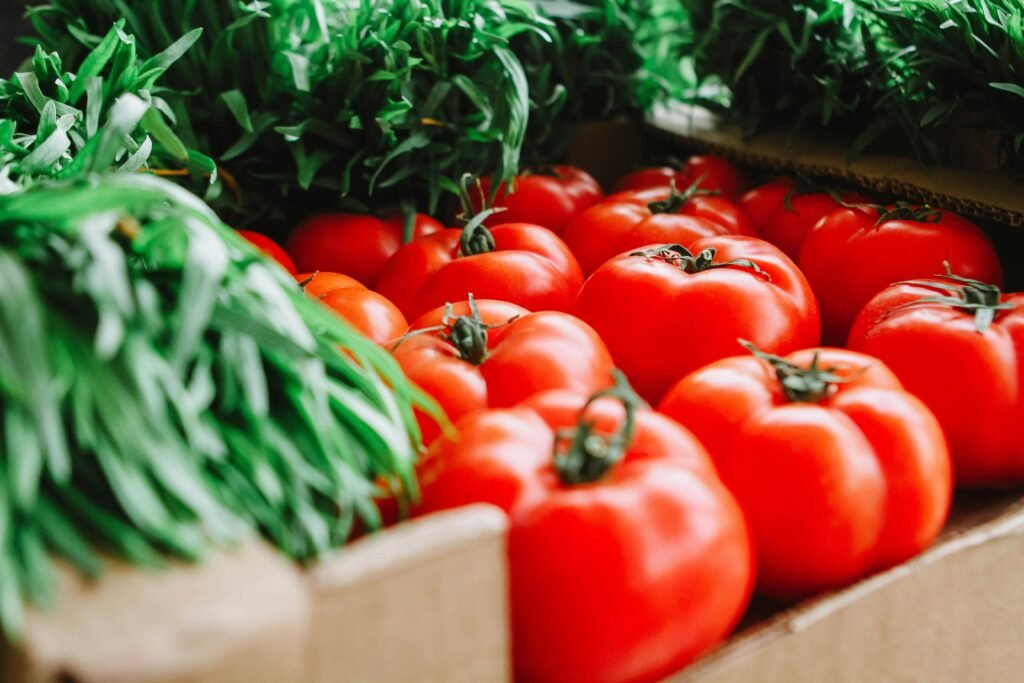
10. Olive Oil
Olive oil is a staple of the Mediterranean diet, which is known for its heart-healthy benefits. It’s rich in monounsaturated fats and antioxidants that can help reduce inflammation and lower the risk of chronic diseases, including heart disease. Use extra virgin olive oil as your go-to cooking oil and drizzle it over salads and vegetables.
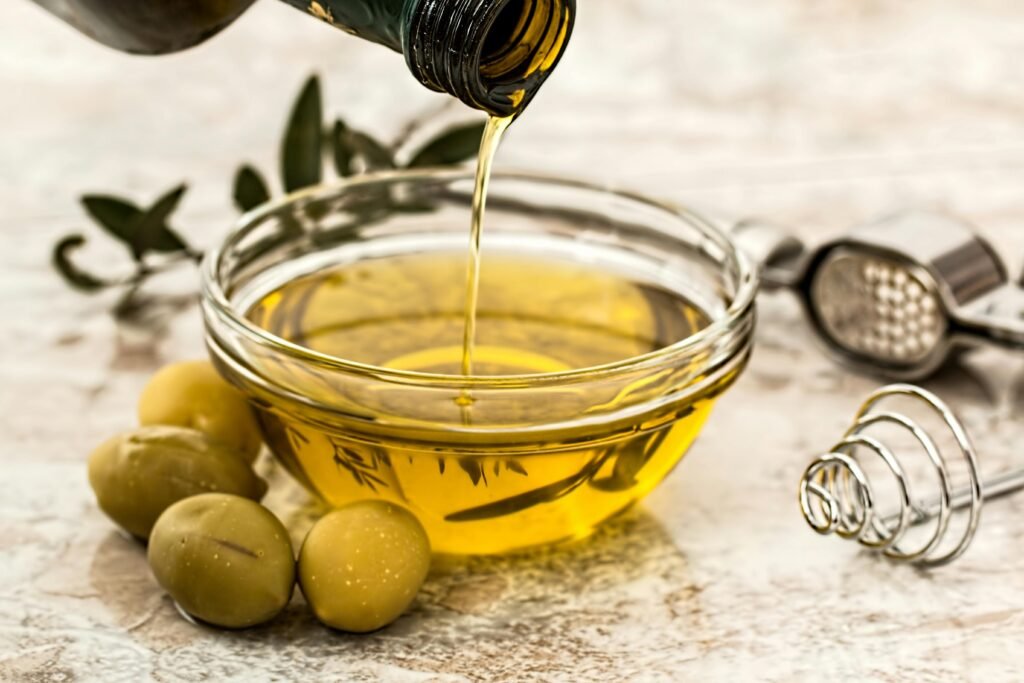
Conclusion
Incorporating these heart-healthy foods into your diet can have a profound impact on your cardiovascular health. By making small, deliberate changes to your eating habits, you can enjoy delicious meals while also protecting your heart. Remember, a heart-healthy diet doesn’t have to be expensive or complicated. Start with these top 10 foods and watch how your health transforms over time. Your heart will thank you, and so will your taste buds. Happy eating and here’s to a healthier, happier heart!

